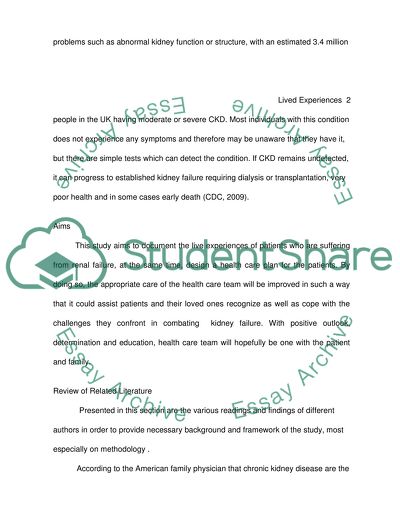Cite this document
(“Renal Failure Essay Example | Topics and Well Written Essays - 2500 words”, n.d.)
Retrieved from https://studentshare.org/miscellaneous/1507659-renal-failure
Retrieved from https://studentshare.org/miscellaneous/1507659-renal-failure
(Renal Failure Essay Example | Topics and Well Written Essays - 2500 Words)
https://studentshare.org/miscellaneous/1507659-renal-failure.
https://studentshare.org/miscellaneous/1507659-renal-failure.
“Renal Failure Essay Example | Topics and Well Written Essays - 2500 Words”, n.d. https://studentshare.org/miscellaneous/1507659-renal-failure.


